Tesla, a leader in the electric vehicle industry, has recently experienced a massive $15 billion drop in its brand value. The company, led by its outspoken CEO Elon Musk, finds itself at the center of controversy, facing challenges that have significantly impacted its reputation. From product recalls to Musk’s polarizing public persona, Tesla’s setbacks highlight the delicate balance between innovation and public perception.
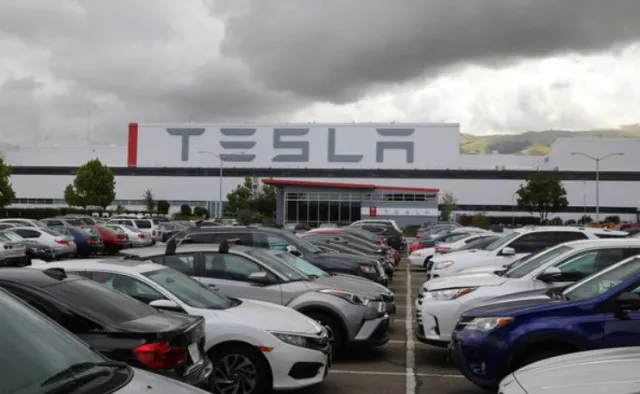
The Factors Behind Tesla’s $15 Billion Loss
Over the past year, Tesla’s brand value has declined sharply, dropping from $58.3 billion at the start of 2024 to an estimated $43 billion in 2025. This dramatic decrease can be attributed to several key factors, ranging from product reliability issues to the controversial actions of its CEO.
Major Vehicle Recalls Raise Quality Concerns
In 2024, Tesla was forced to recall approximately 5 million vehicles worldwide due to safety and performance concerns. This made Tesla the most recalled car brand of the year, casting a shadow over its reputation for cutting-edge innovation.
The sheer scale of the recalls has raised questions about the quality and reliability of Tesla vehicles. Customers who once trusted the brand are now second-guessing their purchases, and the negative publicity surrounding the recalls has only intensified this uncertainty.
Investor Confidence Wavers
Adding to Tesla’s challenges, a major investor sold $585 million worth of Tesla shares in late 2024. This move signaled a lack of confidence in the company’s future, creating further uncertainty among potential investors and buyers.
The combination of high-profile recalls and investor sell-offs has made it clear that Tesla faces an uphill battle to regain trust and restore its market value.
Elon Musk’s Controversial Gesture Sparks Backlash
Tesla’s struggles aren’t limited to product issues. Elon Musk, known for his unfiltered public statements and actions, has recently come under fire for a gesture made during Donald Trump’s second inauguration.
Musk’s actions were interpreted by some as a “Nazi salute,” a claim that quickly spread across social media and news outlets. Although Musk denied the accusations, the backlash has taken a toll on Tesla’s brand image.
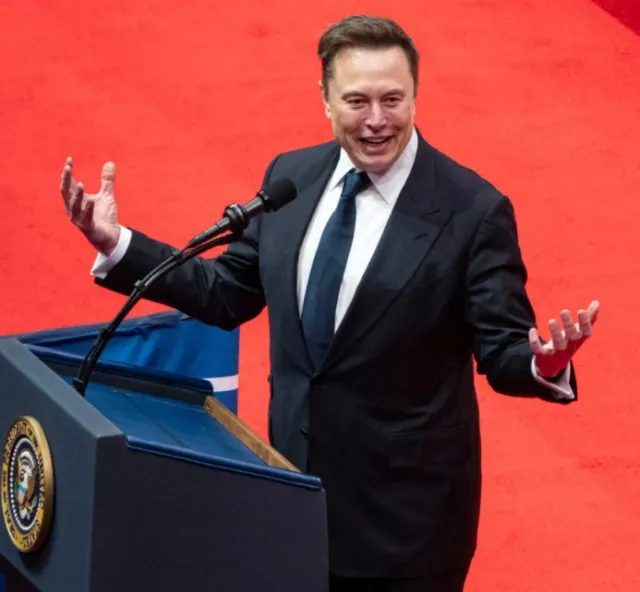
According to David Haigh, CEO of Brand Finance, Musk’s polarizing behavior has directly impacted consumer perception of Tesla. “There are people who think he’s wonderful, but many that don’t,” Haigh explained. “If you are buying electric vehicles, his persona is highly likely to impact your view of whether or not you want to buy one of his company’s cars.”
Declining Consumer Consideration and Recommendations
Brand Finance conducted a survey revealing a notable drop in Tesla’s scores for key metrics, including consumer consideration and recommendation ratings.
- In Europe, the percentage of customers likely to consider buying a Tesla dropped from 21% in 2024 to just 16% in 2025.
- In the United States, while Tesla maintains a high loyalty score of 90%, its recommendation score has fallen dramatically—from 8.2 out of 10 to just 4.3.
This data suggests that while current Tesla owners remain loyal to the brand, they are less inclined to recommend it to others. Without strong word-of-mouth advocacy, Tesla may struggle to attract new customers.
Political Shifts Add to Tesla’s Challenges
The political landscape has also played a role in Tesla’s recent struggles. Following Donald Trump’s reelection, analysts have raised concerns about potential changes to electric vehicle (EV) tax credits and subsidies.
JPMorgan estimates that these proposed changes could jeopardize up to 40% of Tesla’s profits, making it harder for the company to maintain its competitive edge. As new players enter the EV market, Tesla will need to adapt to shifting policies and market conditions to stay ahead.
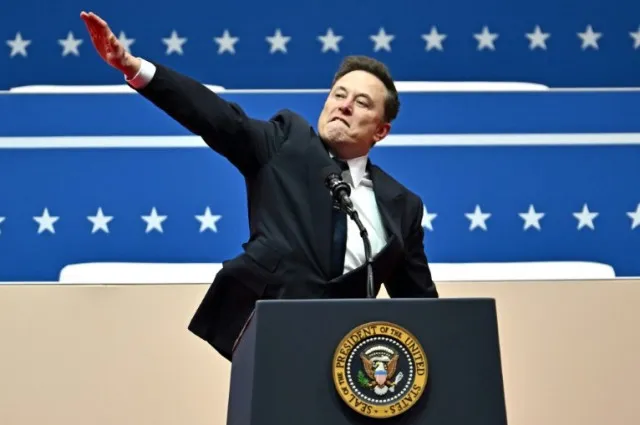
Innovation Is Key to Tesla’s Future
Despite its current challenges, Tesla’s future is far from bleak. The company has always been known for its groundbreaking innovations, and this will be crucial to regaining consumer trust and market dominance.
To recover, Tesla must:
- Address Quality Issues: Restoring confidence in Tesla’s products is essential. By focusing on reliability and safety, the company can rebuild its reputation as a leader in the EV industry.
- Introduce Exciting New Products: Tesla’s ability to capture consumer imagination has always been one of its strengths. Developing new, innovative vehicles that stand out from the competition will be key to attracting new customers.
- Improve Public Relations: Musk’s public persona has both helped and hurt Tesla. A more measured approach to public communication could help mitigate backlash and improve consumer perception.
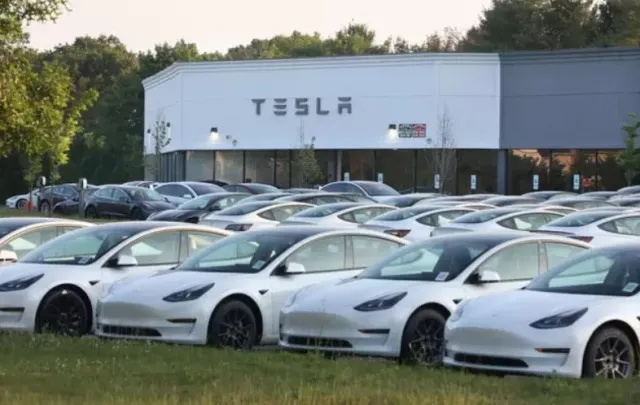
The Road Ahead for Tesla
Tesla’s recent setbacks underscore the importance of balancing innovation with reliability and public perception. While the $15 billion loss in brand value is a significant challenge, it also presents an opportunity for the company to learn, adapt, and come back stronger.
By addressing quality concerns, navigating political changes, and continuing to innovate, Tesla has the potential to regain its position as a trailblazer in the electric vehicle market. However, achieving this will require careful strategy, unwavering focus, and a renewed commitment to meeting consumer expectations.
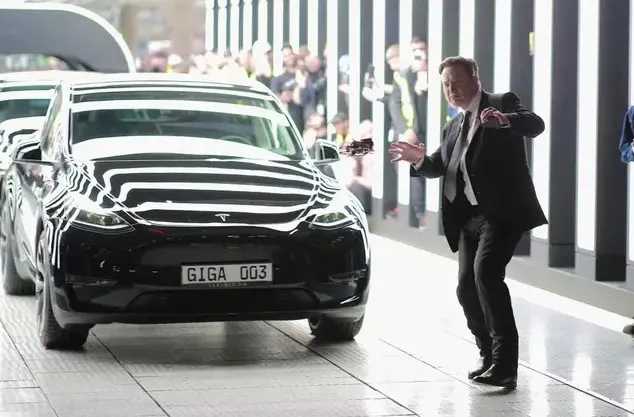
Conclusion: A Turning Point for Tesla
Tesla’s recent decline in brand value marks a critical moment in the company’s history. With product recalls, investor uncertainty, and Elon Musk’s polarizing behavior all contributing to its challenges, Tesla must take decisive action to regain trust and restore its reputation.
The path forward won’t be easy, but Tesla’s track record of innovation and resilience suggests that it’s more than capable of overcoming these obstacles. By prioritizing quality, fostering consumer trust, and staying ahead of market trends, Tesla can turn this setback into an opportunity to redefine its legacy in the electric vehicle industry.